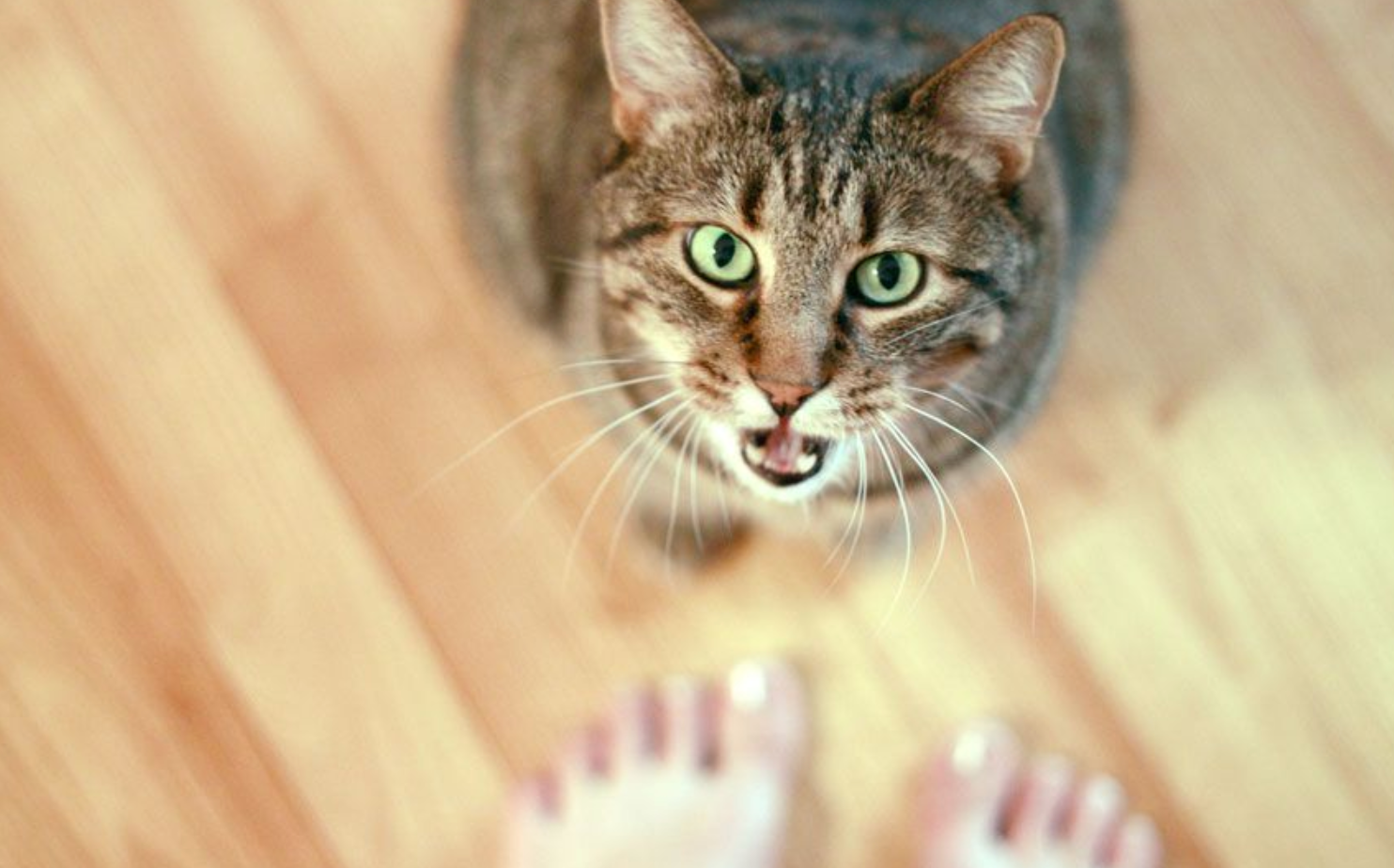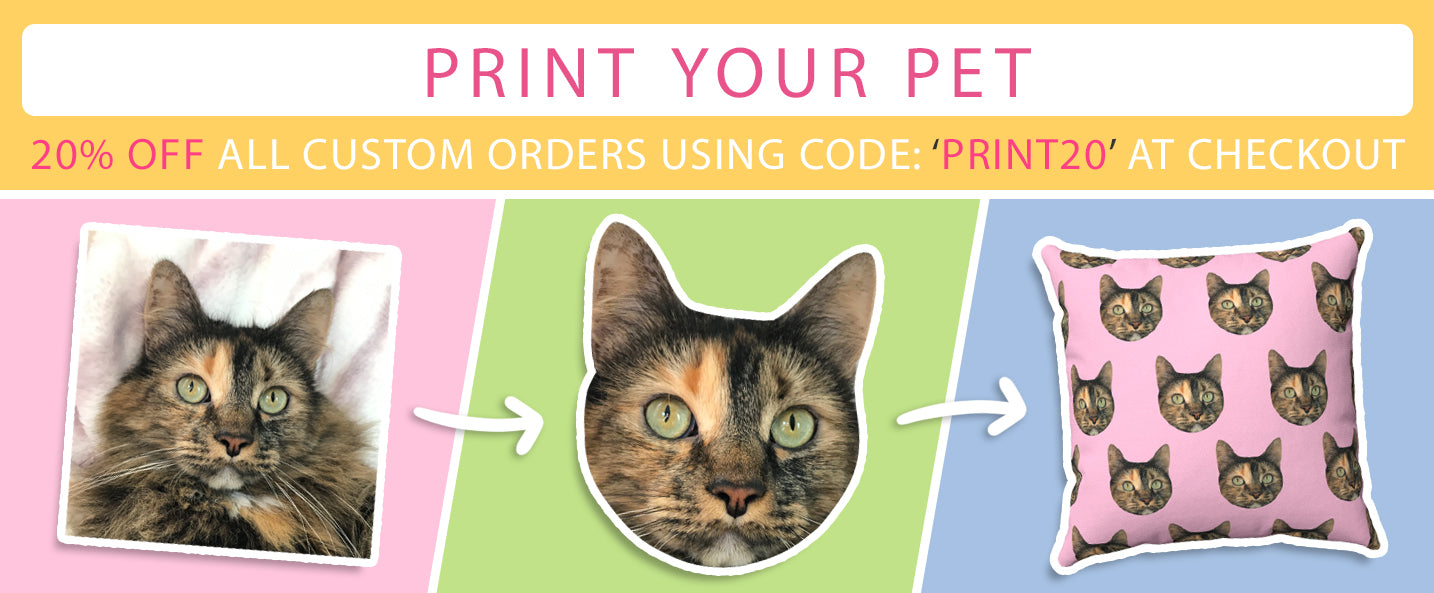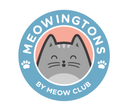How To Decipher Your Cat's Meows

Does your cat carry on entire conversations with you? Do you find yourself asking, “What are they saying?” Cats communicate through a variety of sounds and vocalizations, from meows to growls to hisses. As kittens, they’ll meow to their moms when they’re cold, hungry, or scared. But as they age, cats mostly rely on body language and other more subtle vocalizations. But did you know that for the most part, adult cats reserve their meows for communicating with their humans?
Here are some different types of meows and how to interpret them:
Short meow or mew: A standard kitty greeting, equivalent with "Hello!"
Multiple meows: An excited greeting from your favorite feline to their favorite human. This greeting might happen if you haven't seen your cat all day
Mid-pitch meow: This is often a cry for attention or food - and maybe both!
Drawn out meow or mrow - This is a straight-up DEMAND for something. Whether it's to fill up their food bowl or let them in the room they want to be in, you'd better listen!
Low-pitch, drawn-out meow - This is a complaint; your cat could be unhappy with something. It can also be a sound of pain, discomfort, or distress, so pay attention to context. Senior cats often make this low-pitched yowl at night, a sign of cognitive dysfunction. A nightlight can help with this disorientation.
High-pitched meow or yowl - Most cat owners know this instinctively, but this is a sound of anger or pain, most frequently heard when you accidentally step on a paw or tail (and then you immediately feel like the worst person in the world!!)

Why do cats meow?

Attention-seeking behavior or begging. While cats aren’t pack animals like dogs, that doesn’t mean they want to be alone all the time! Cats prefer to be social with the humans they love and trust. So despite the stereotypes of the “aloof” cat, your cat may be meowing to grab your attention because they’re feeling lonely - or even just bored! If your cat isn’t getting the attention or stimulation they crave, it can result in incessant meows and 4 am kitty wake up calls.
Provide your favorite feline with plenty of playtime with you - a tired cat is a quiet cat! But also provide them with toys they can bat around themselves during the day when you’re not home to encourage them to play. Catnip-filled toys are a great choice as the catnip also stimulates and encourages your cat to play - instead of nap all day.
Illness or stress. If your cat is suddenly meowing more than usual, to the point of excessiveness, this may be a sign an underlying illness. For instance, cats of all ages can develop an overactive thyroid or kidney disease, both of which can result in excessive vocalizations. It’s important to pay attention to your cat’s behavior - and of course, their meows. They may be trying to tell you something is wrong.



















Leave a comment